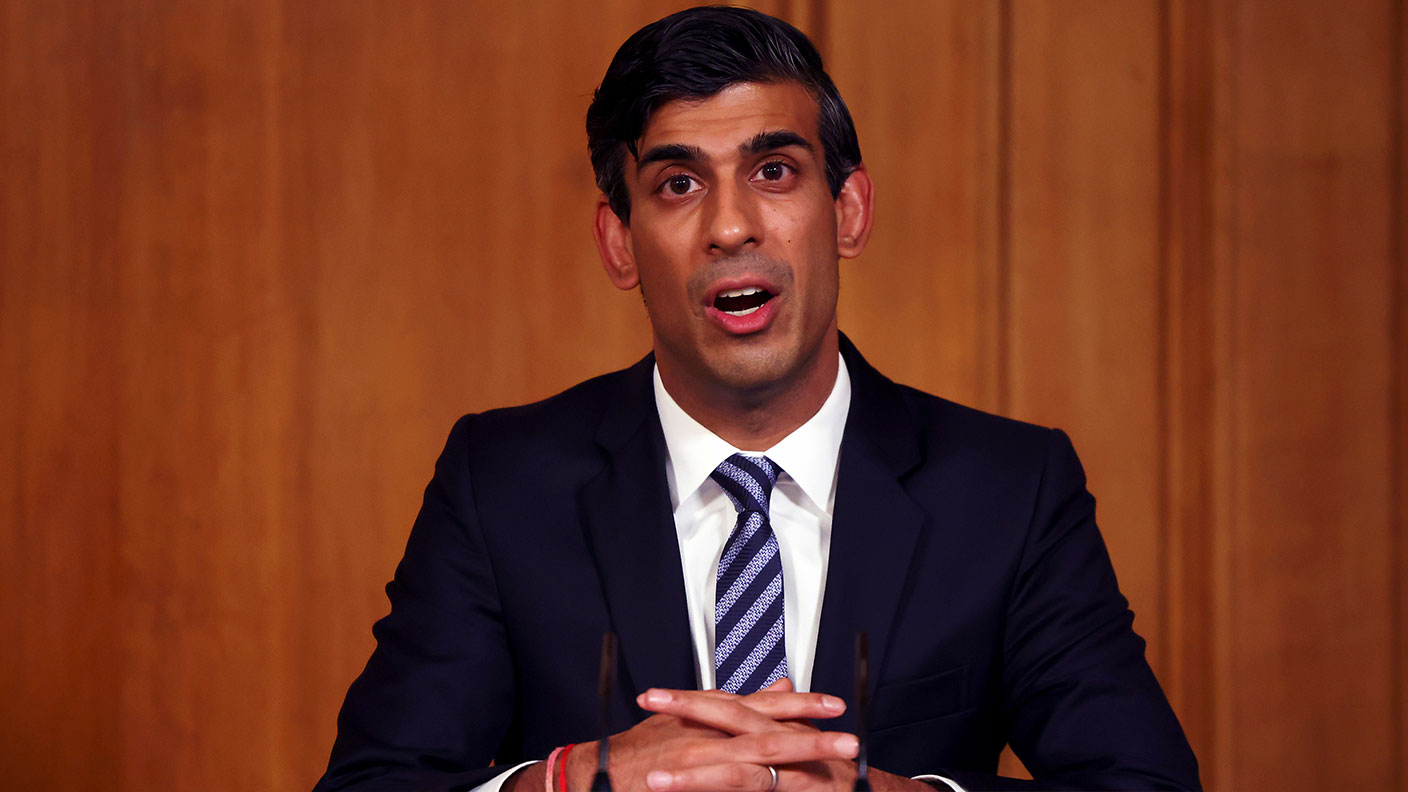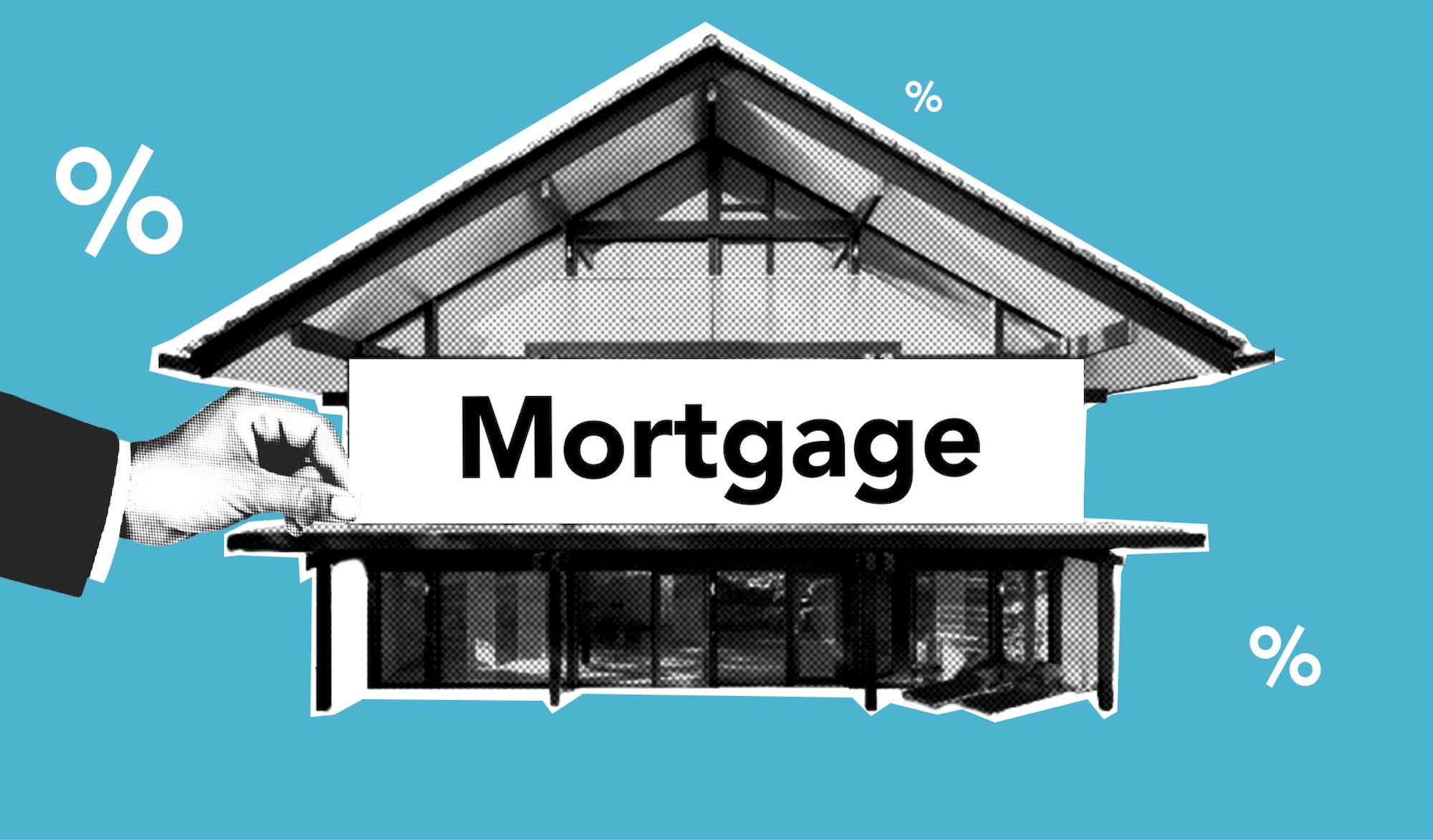The Treasury Committee has called on Rishi Sunak to temporarily suspend the earnings element of the pensions triple lock.
This follows the Committee’s letter to the Chancellor in June which asked whether the Treasury would consider a suspension or temporarily calculating the wage growth differently.
In his reply to Committee’s letter in August, Sunak said the government was continuing to “examine the data as it becomes clearer”.
The triple lock ensures the state pension will increase each year by whichever is the greatest measure out of average earnings, the consumer prices index, or by 2.5%.
However, Office for National Statistics (ONS) data shows that average weekly earnings were 8.8% higher in the three months to June this year than they were in the same period in 2020, following large numbers of workers who were furloughed amid the first UK lockdown. Weekly earnings were also 8.7% higher in June 2021 alone than they were in the same month of last year.
Chair of the Treasury Committee, Mel Stride, said today: “Over the last decade, the pensions triple lock has successfully protected the incomes of older people, who often have limited opportunities to increase their earnings. However, the ‘triple lock’ is unsustainable in its current form.
“A potential almost double-digit percentage rise is unrealistic and unfair, with knock-on effects for the public finances.
“Given that average wage levels have been skewed by the unprecedented events of the past 18 months, the Chancellor should temporarily suspend the wages element of the lock. This is a sensible approach which will aid our recovery from the pandemic.”
Commenting on the Treasury Committee’s stance, interactive investor head of pensions and savings, Becky O’Connor, added: “In practice, there is a risk that any temporary measure becomes permanent.
“If the earnings element of the lock was lost for good, this could mean that pensioners’ living standards could fall behind those of the working population, in periods when wage growth genuinely exceeds 2.5% or inflation.
“If a change of this kind is to be made now, then a timeline for a commitment to return to the triple lock might provide reassurance that this element of the guarantee would not be gone forever.”
Latest News
-
Residential property transactions fall 24% month-on-month
-
Later life lending loans jump 5.1% in Q4 2025
-
Mortgage Awards 2026: Winners announced
-
FCA outlines proposals to close gaps in borrowers’ credit files
-
St. James’s Place closes 2025 with record FuM
-
Average LTV on UK mortgaged home drops to 59% – IMLA
Mortgage Advice Bureau and AI in the mortgage sector
Chief executive officer at Mortgage Advice Bureau, Peter Brodnicki, and founder and managing director at Heron Financial, Matt Coulson, joined content editor Dan McGrath to discuss how Mortgage Advice Bureau is using artificial intelligence to make advancements in the mortgage industry, the limitations of this technology and what 2026 will hold for the market
Perenna and the long-term fixed mortgage market

Content editor, Dan McGrath, spoke to head of product, proposition and distribution at Perenna, John Davison, to explore the long-term fixed mortgage market, the role that Perenna plays in this sector and the impact of the recent Autumn Budget
NEW BUILD IN FOCUS - NEW EPISODE OF THE MORTGAGE INSIDER PODCAST, OUT NOW

Figures from the National House-Building Council saw Q1 2025 register a 36% increase in new homes built across the UK compared with the same period last year, representing a striking development for the first-time buyer market. But with the higher cost of building, ongoing planning challenges and new and changing regulations, how sustainable is this growth? And what does it mean for brokers?
Does the North-South divide still exist in the UK housing market?

What do the most expensive parts of the country reveal about shifting demand? And why is the Manchester housing market now outperforming many southern counterparts?
In this episode of the Barclays Mortgage Insider Podcast, host Phil Spencer is joined by Lucian Cook, Head of Research at Savills, and Ross Jones, founder of Home Financial and Evolve Commercial Finance, to explore how regional trends are redefining the UK housing, mortgage and buy-to-let markets.
In this episode of the Barclays Mortgage Insider Podcast, host Phil Spencer is joined by Lucian Cook, Head of Research at Savills, and Ross Jones, founder of Home Financial and Evolve Commercial Finance, to explore how regional trends are redefining the UK housing, mortgage and buy-to-let markets.
© 2019 Perspective Publishing Privacy & Cookies











Recent Stories